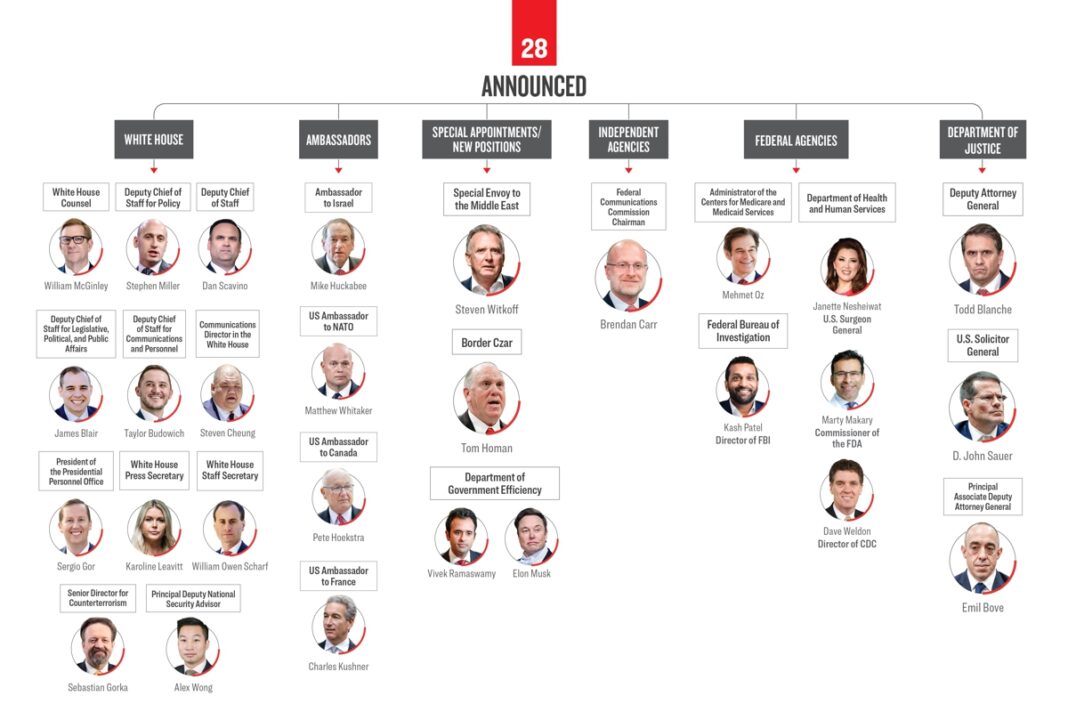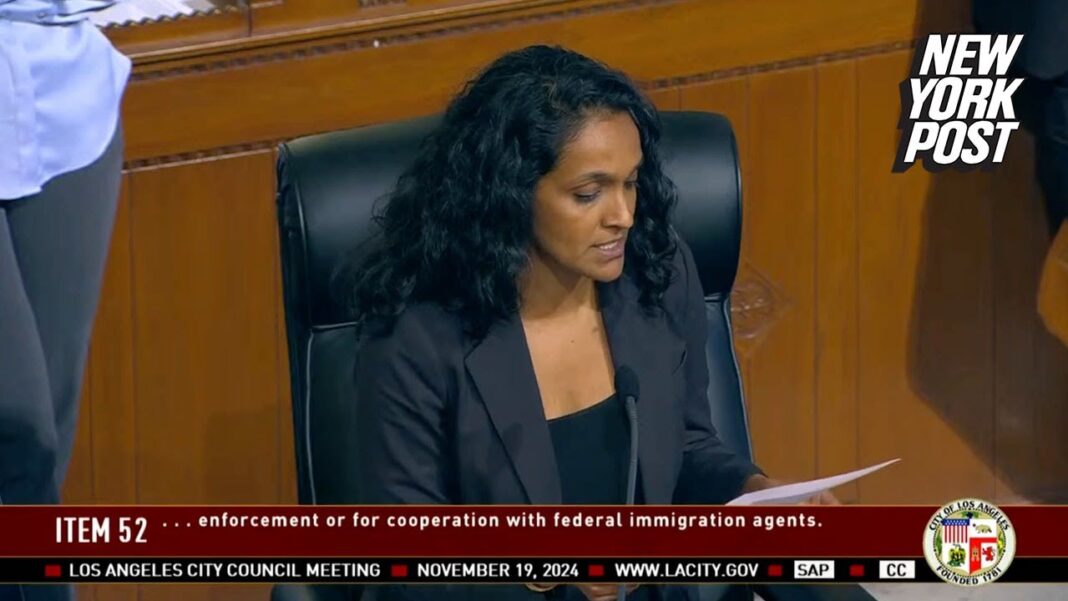As Donald Trump prepares to return to the presidency, his plans for the American education system stand at the forefront of his policy agenda. His next administration aims to dismantle the federal Department of Education, transferring control to individual states.
For years, Trump has criticized what he views as systemic failures in the nation’s schools, arguing that a top-heavy bureaucracy and outdated curricula are stifling educational progress and innovation.
His proposed reforms aim to reshape the structure of education in America, granting more power to parents and states while challenging entrenched federal oversight.
At the heart of Trump’s vision is the recognition that the federal government has overstepped its bounds in education. The Department of Education has proven to be nothing short of a monolithic entity that imposes one-size-fits-all mandates, leaving little room for local schools to address the unique needs of their communities.
Trump has repeatedly emphasized the importance of dismantling bureaucratic red tape, empowering states to take control of their educational systems, and fostering competition through school choice initiatives.
Trump’s approach to school choice seeks to disrupt the traditional public school system by giving parents the ability to select the best educational environment for their children, whether it be public, private, charter, or religious schools.
His administration envisions a future where public funding follows students, offering families greater flexibility and ensuring that schools compete for students by improving their standards and performance.
There is a strong emphasis on school choice, including the use of public funds for private and religious school education through vouchers.
A key component of Trump’s reform agenda is his critique of ideological indoctrination in schools. Current curricula often prioritize political agendas over core academic subjects.
The administration plans to cut federal funding to schools that promote critical race theory or gender ideology and intends to promote “patriotic education.”
Plans include ending Title IX protections for transgender students, which could impact policies related to transgender athletes in school sports.
Trump plans to promote what he calls “patriotic education,” a curriculum that emphasizes the nation’s founding principles, achievements, and shared heritage. This is part of a broader effort to counter the growing influence of critical race theory and gender ideology in schools.
Trump also plans to revisit federal policies that undermine parental authority, including those related to gender identity and school athletics. He has been vocal about his intention to restore a traditional framework for school policies, particularly concerning issues like bathroom access and participation in sports based on biological sex.
Recent surveys indicate a prevailing dissatisfaction among Americans regarding the state of K-12 education. A November 2023 Pew Research Center survey revealed that 51% of U.S. adults believe the public K-12 education system is headed in the wrong direction, with only 16% viewing it positively.
Similarly, a Gallup poll from August 2023 showed that satisfaction with K-12 education quality had dropped to 36%, the lowest in two decades.
International assessments suggest that U.S. students are lagging behind their peers in other developed nations, particularly in mathematics. The 2015 Trends in International Mathematics and Science Study (TIMSS) indicated that U.S. fourth and eighth graders scored above the international average but were outperformed by students from several countries, especially in East Asia.
Additionally, the 2023 TIMSS results showed that countries like Japan and Singapore had a higher percentage of students proficient in math compared to the U.S.
These proposed changes reflect a significant shift in federal education policy, emphasizing state control, parental choice, and a reevaluation of curriculum content. The potential impact on educational quality and equity remains a subject of active debate among educators, policymakers, and the public.
Ultimately, Trump’s education strategy represents a sharp departure from the dated, centralized policies that have dominated the American educational landscape for decades.
By prioritizing parental choice, state autonomy, and a reimagined curriculum, he aims to realign the education system with what he sees as the fundamental values and needs of American families.
Whether these ambitious reforms will lead to improved outcomes for students remains a topic of debate, but they signal a profound shift in how education could be conceived and delivered in the United States.







